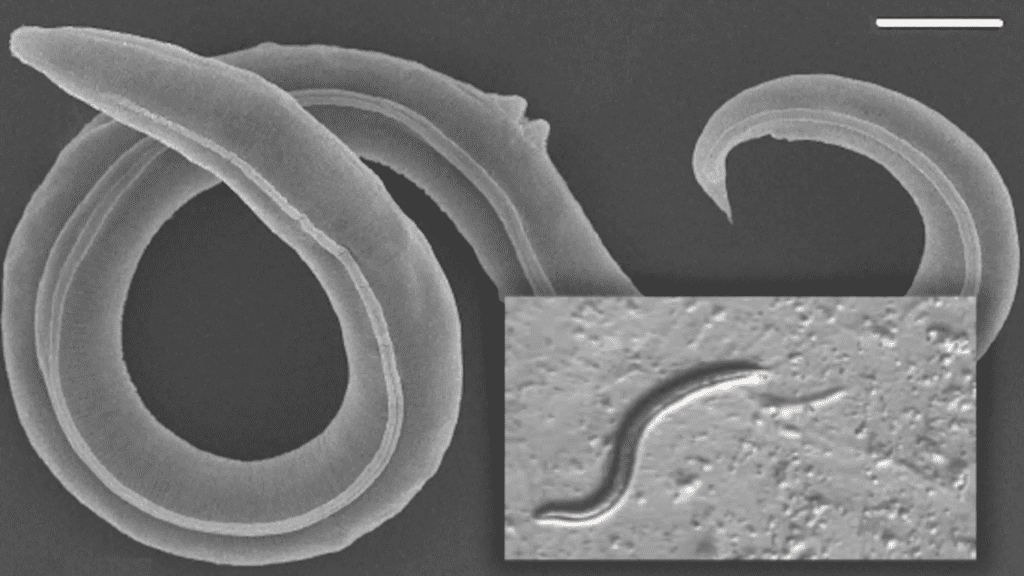These 46,000 year old worms have been revived And could be the oldest living organism alive.
Imagine being frozen for 46,000 years and getting revived in the year 2023.Crazy right? That just happened in Siberia. Here is the the bizarre story behind these 46,000 year old worms who are now alive. In a groundbreaking discovery that challenges the boundaries of life and survival, scientists have successfully revived roundworms that were frozen in the Siberian permafrost for an astonishing 46,000 years. To make it more interesting, During the time that these creatures were last living even Neanderthals were also alive. This ground breaking discovery could potentially unlock the secrets of cryptobiosis, a state of extreme dormancy that certain organisms can enter to survive harsh conditions. Where did this happen? The roundworms, or nematodes, were found in the permafrost (Permafrost is any ground that…
Imagine being frozen for 46,000 years and getting revived in the year 2023.Crazy right? That just happened in Siberia. Here is the the bizarre story behind these 46,000 year old worms who are now alive.

In a groundbreaking discovery that challenges the boundaries of life and survival, scientists have successfully revived roundworms that were frozen in the Siberian permafrost for an astonishing 46,000 years. To make it more interesting, During the time that these creatures were last living even Neanderthals were also alive.
This ground breaking discovery could potentially unlock the secrets of cryptobiosis, a state of extreme dormancy that certain organisms can enter to survive harsh conditions.
Where did this happen?
The roundworms, or nematodes, were found in the permafrost (Permafrost is any ground that remains completely frozen) of the Kolyma River Lowland in northeastern Siberia, a region known for its harsh, icy conditions.
The worms, belonging to the Panagrolaimus detritophagus and Plectus parvus species, were revived in a laboratory setting, astonishing the scientific community with their ability to return to life after such a prolonged period of dormancy.
‘Zombie’ Worms and Cryptobiosis what’s in it for us?
The discovery of these ‘zombie’ worms could have profound implications for our understanding of cryptobiosis, a process that allows organisms to effectively ‘pause’ their metabolic processes and survive in extreme conditions. This could lead to advancements in various fields, including medicine and space travel.
This means that, with this grand discovery we are one more step closer to creating a real life HyperSleep Pod which you may recall from the movie Interstellar.

The research team, led by scientists from the Institute of Physicochemical and Biological Problems in Soil Science in Russia, is now working to understand how these worms survived in such extreme conditions for extraordinarily long periods. This could potentially unlock new ways to preserve biological materials and even life itself, for extended periods.
This discovery, a testament to the tenacity of life, opens up a new frontier in our understanding of survival in extreme conditions. As we continue to explore the limits of life on Earth and beyond, these ancient worms could provide the key to enduring the harshest conditions imaginable.






